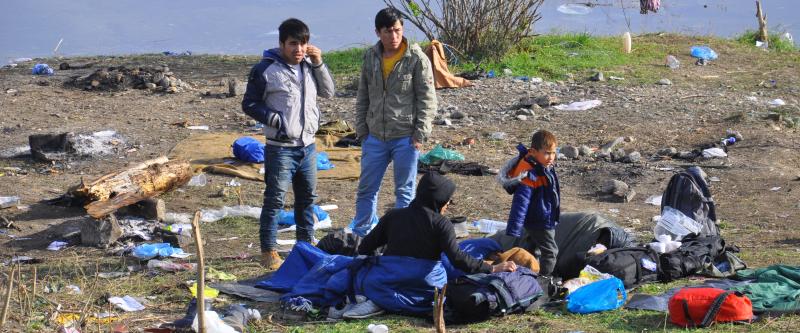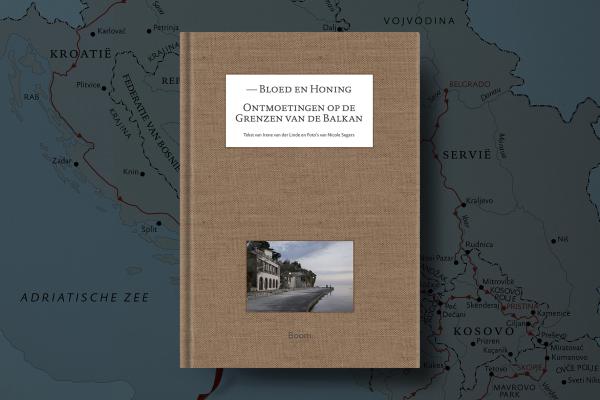But the sea is not the only gateway to Europe. Tens of thousands of people are trying to reach Western Europe from Greece and Bulgaria. Their journey takes them through Macedonia and Serbia as far as the Hungarian border. This so-called Western Balkan route is on its way to becoming an important gateway to Europe. Since 2012, the flow of people through the Balkans towards Europe has continued to increase, and there is no indication that this will change quickly. In Turkey, many thousands of people are ready to take their chances. Mainly Syrians, but also Afghans and refugees from Somalia and Eritrea. At the same time, the ongoing economic crisis in Greece means that many migrants, some of whom have lived there for years, are leaving the country to seek their happiness to the north.
The Balkan route is the story of a stream of people on their way to what could be a better life. It is the story of a journey through countries such as Bulgaria, Macedonia and Serbia, which, unprepared and unwillingly, suddenly face an unprecedented influx of refugees. It is the story of the brothers Ashraf and Kareem, who are probably still waiting in Belgrade for a chance to cross the border. It is the story of Omar, who is starting a new life in Austria, but also of Nazim, who got disappointed and got back. It is the story of how hope seeks a way through a labyrinth of borders, how people on the run are both vulnerable and invincible at the same time.


